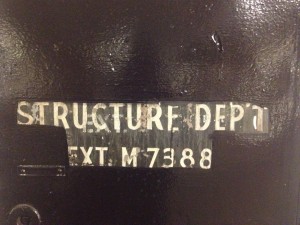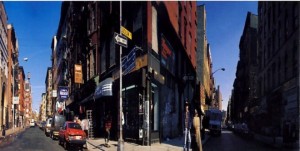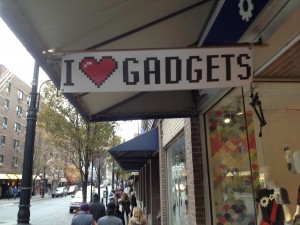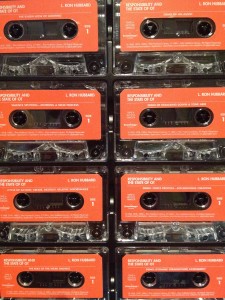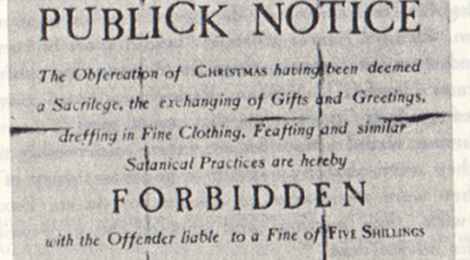
Roundtable Discussion of Secularism in Antebellum America
At the 2012 American Academy of Religion Conference a discussion ensued on Secularism in Antebellum America–the problems, prospects, lacunae, implications, findings, and whatnot. The discussion was subsequently published in Religion and American History:
Amy Koehlinger, Oregon State University // Introduction
“It was clear that the style of John’s writing and the intellectual content he was conveying were of apiece. The way his words and ideas and chapters swirled and undulated as they emerged page-by-page was a conscious choice, a thoughtful attempt to let the subject shape the format of his book …”
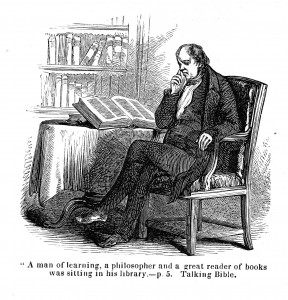 Chad Seales, University of Texas // A Hint of Irony
Chad Seales, University of Texas // A Hint of Irony
“I have read the book entitled Secularism in Antebellum America … And I cannot tell you what it means and I cannot summarize its argument for you. All I can say is that the more I write about it the more frequently my sentences begin with ‘And.’ And I have deleted much of what I have written. And I do not know what that means. Because I find what I write, more so than what I read, utterly, entirely, incomprehensible …”
Finbarr Curtis, Georgia Southern University / / Dropping Science like Galileo Dropped the Orange: John Modern’s Spiritual Boutique
“Modern’s potential critics, then, find themselves in a bind in his Foucauldian world. If they want to cite evidence for a differing narrative, they have to have a naïve commitment to something like evidence. The historian becomes the phrenologist postulating theorems and formulating equations that find themselves even more stuck in the self-referential epistemic glue of Modern’s secular modern …”
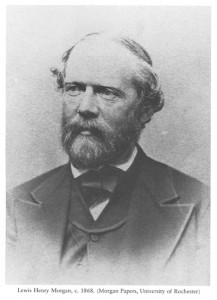 Richard Callahan, University of Missouri / / The Author of Lewis Henry Morgan’s Being
Richard Callahan, University of Missouri / / The Author of Lewis Henry Morgan’s Being
“Modern has journeyed out beyond the safe harbors of American religious history and returned with new vision, new stories, new cargo. Will we find this cargo to be useful, or will we reject it as toxic and foreign? Where will its enchantments lead?”
Kathryn Lofton, Yale University / / The Touch of the Secular
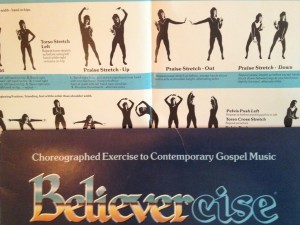
Modern’s writing is filled with . . . phrases which you might correct as a usage error (how can something be in excess of ideology?) in an undergraduate essay. But if you made such a choice with Modern, you would be left behind as the Oldsmobile car squealed off. You’re either in or you’re out: you either understand that nouns are newly definable, or you don’t …”
Paul Johnson, University of Michigan / / History Machines
“Thinking about this book has also been a kind of autopoietic spiritual exercise for me. The positing of theoretical circles within circles presented an arrangement of authentic “inner” and “outer” truths, of durable infrastructures and flimsy outer-structures, of blueprints and levers and belts, and screws between them. We can call this assemblage the Theory Machine. Watch it flash, and rock, and moan …”
John Modern, Franklin and Marshall College / / Confessions of a Genealogist
“Here, again, was Melville’s writerly world that was at once a reflection of the abyss before him but also one that came with buttons and gizmos and a costume box and stories of moral degradation and little Polaroids that captured the beauty of the blur …”
